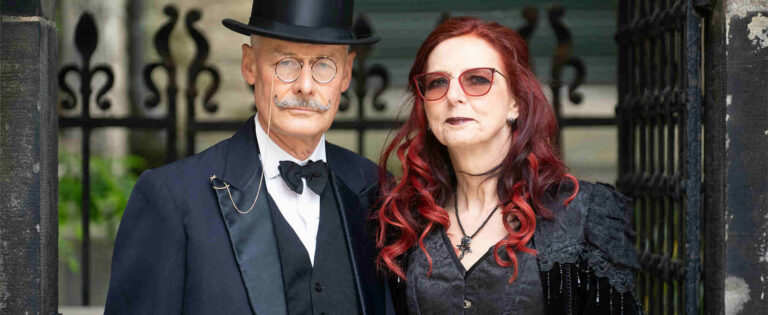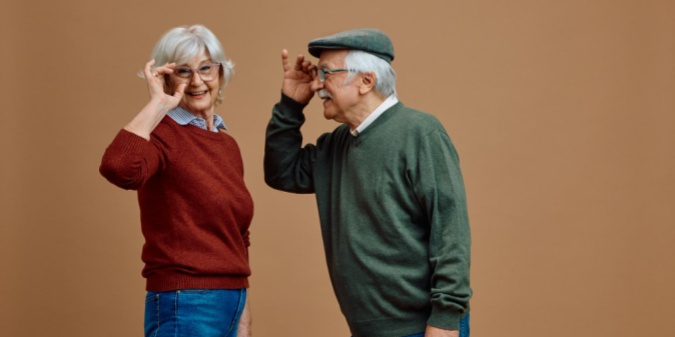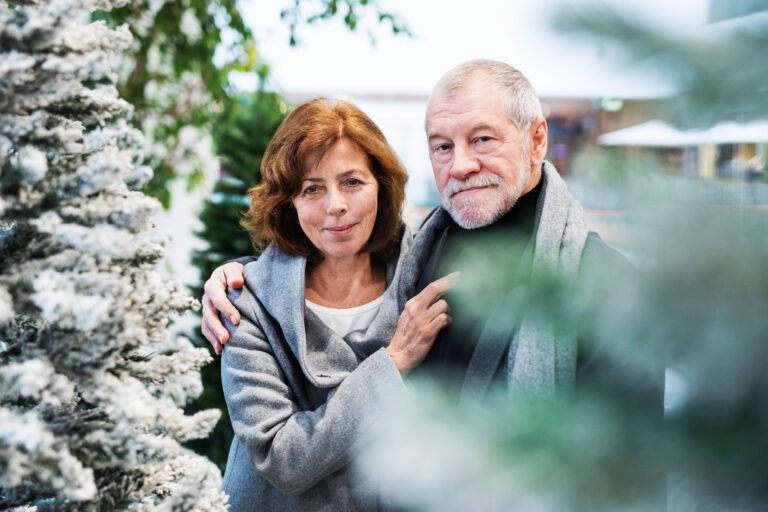With the development of society, more and more elderly people are choosing to find partners through online dating platforms, and SeniorMatch is one of them. These platforms not only provide opportunities for seniors to meet new friends and partners but also add color to their later lives. However, after entering a new relationship, conflicts and friction are inevitable in life. So, how should elderly people solve problems sensibly when facing these conflicts?
Understand and Tolerance
Listen to Each Other’s Ideas
Understanding is the first step in resolving a conflict. When dealing with a conflict, the older person should first listen to his or her partner’s thoughts and feelings. Effective communication can help both partners to recognize the root cause of the problem more clearly. Try using open-ended questions such as “What do you think is the main cause of this problem?” This will encourage your partner to express his or her true feelings.
Embrace Each Other’s Differences
Everyone has different life experiences and values, and these differences can be more pronounced especially in older relationships. Both partners need to realize that accommodating each other’s shortcomings is an important part of maintaining a healthy relationship. The older person should learn to accept these differences rather than trying to force the other person to change.
Face Conflict Calmly
1. Avoid Emotional Reactions: Emotions tend to dominate our reactions when conflicts occur. At this point, older people should try to remain calm and avoid emotional reactions that lead to further arguments. This can be done by taking deep breaths and leaving the scene briefly to give yourself time to think calmly.
2. Find the Right Time: Timing is also crucial in resolving issues. Choosing a moment to communicate when both parties are in a happy, stress-free mood can greatly improve the effectiveness of problem solving. In a relaxed atmosphere, it is easier for both parties to communicate openly and reach a consensus.
Effective Communication
1. Use “I” Language: When expressing their opinions, older people can use “I” language, such as “I think …… Instead of accusing the other party, they can use “I” language, such as “I feel ……” and “I feel ……”. This kind of expression can effectively reduce the other party’s defensiveness and make communication smoother.
2. Clarify Problems and Needs: When communicating, both parties should be clear about what the current problem is and what changes they want the other party to make. This clarity avoids misunderstandings and helps both parties focus on solving the problem rather than blaming each other.
Seek Consensus
Work Out Solutions Together
When solving problems, the older person can explore solutions with their partner. Through negotiation, both parties can find a mutually acceptable compromise that enhances the cohesiveness of the relationship. Such a process not only solves the problem at hand, but also enhances mutual understanding and trust.
Flexibility to Adjust the Program
The older person should remain flexible in the process of implementing solutions. If it turns out that a certain program is not working, it is important to adjust and change strategies in a timely manner. It is possible to check on each other’s feelings periodically to ensure that both parties are satisfied with the solution.
Rebuild Trust
1. Honesty and Transparency: Maintaining honesty and transparency is key to rebuilding trust after conflicts have been resolved. Older people should continue to share their thoughts and feelings with their partner and avoid hiding issues to prevent old problems from returning. Honest communication can help each other better understand each other’s needs.
2. Positive Interactions: Rebuilding trust does not depend only on words. Older adults can strengthen their emotional connection with each other through shared activities, mutual interest, and support. For example, attending hobby classes, going for walks, and watching movies together are all great ways to enhance emotions.
Professional Help
Seek Professional Counseling
If the conflict is so serious that both parties are unable to resolve it on their own, the elder may consider looking for professional counseling. A professional counselor can provide a neutral perspective and effective communication skills to help the older person clarify his/her thoughts and find a solution.
Participate in Relevant Groups
Participating in some support groups or community activities is also a good option. These activities can provide a platform for sharing experiences and allow the elderly to understand how others deal with the situation, so as to gain inspiration.
Focus on Self-Development
1. Self-reflection: Older adults should also engage in self-reflection when faced with conflict. Think about the role you play in the relationship and whether there are areas where you can improve. Self-growth and introspection will not only help resolve the current conflict, but will also help the relationship develop in the future.
2. Maintain a Positive Mindset: It is important to maintain a positive mindset during the conflict resolution process. Older adults should realize that conflicts are a normal part of relationships, and that by resolving issues in a reasonable way, the relationship will instead be stronger.






